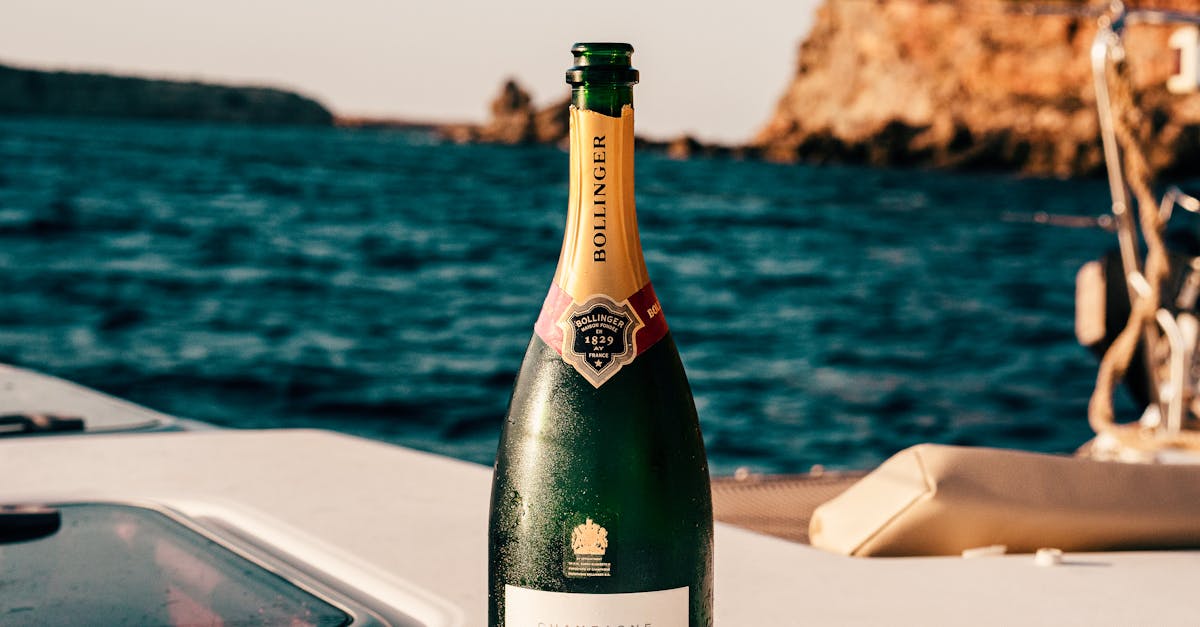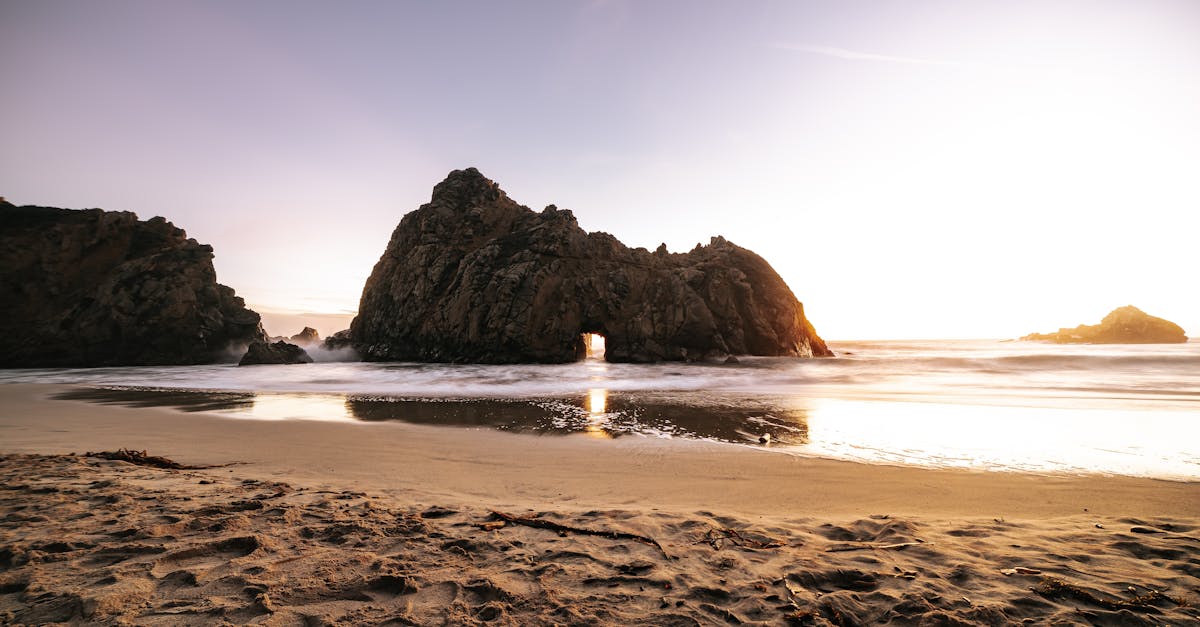Planning a trip to Florida’s stunning beaches? We know the excitement of soaking up the sun and diving into the crystal-clear waters.
But, encountering jellyfish and other marine life can quickly turn a dreamy beach day into a painful experience.
In our guide, we’ll equip you with essential tips for exploring the waters of Florida while staying safe and enjoying every moment.
From jellyfish stings to encountering curious manatees, we’ve got you covered with expert advice to ensure your marine adventures are memorable for all the right reasons.
Let’s immerse and discover how to make the most of your Florida beach getaway without any unexpected marine encounters ruining the fun.
Key Takeaways
- Understand Florida’s diverse marine life to ensure safe and enjoyable beach experiences.
- Identify common jellyfish species like Moon Jellyfish and Atlantic Sea Nettle to prevent stings.
- Follow tips for preventing jellyfish stings, such as avoiding infested areas and wearing protective clothing.
- Interact safely with manatees and dolphins by keeping a safe distance and avoiding feeding or touching them.
- Enjoy Florida’s waters responsibly by respecting marine life, disposing of trash properly, and following conservation guidelines.

Understanding Florida’s Marine Life
When exploring Florida’s waters, it’s essential to be aware of the diverse marine life present. Florida has over 1,300 miles of coastline, offering unique encounters with various species. Here are some common marine creatures in Florida waters:
- Manatees: These gentle giants can often be spotted near the surface, so we should keep a safe distance to avoid disturbing them.
- Jellyfish: While beautiful, some jellyfish species can sting. If stung, it’s crucial to rinse the area with vinegar to help neutralize the venom.
- Dolphins: Observing dolphins from a distance can be a magical experience, but we should never attempt to touch or feed them.
By understanding and respecting Florida’s marine life, we can enjoy our beach adventures while ensuring the safety and well-being of these fascinating creatures.
For more information on Florida’s marine life, visit the Florida Fish and Wildlife Conservation Commission website.
Identifying Common Jellyfish Species
When enjoying Florida’s waters, it’s important to identify common jellyfish species to stay safe. Here are a few tips to help us recognize them:
- Moon Jellyfish: Identified by their translucent bell with four pink horseshoe-shaped organs.
- Atlantic Sea Nettle: With golden-brown tentacles and white bells, they are common in Florida waters.
To learn more about different jellyfish species, visit the Florida Fish and Wildlife Conservation Commission’s website.

Tips for Preventing Jellyfish Stings
So, how do we keep those pesky jellyfish stings at bay while enjoying Florida’s waters? Here are some simple yet effective tips:
- Avoiding jellyfish-infested areas is key. Check local reports or ask lifeguards for jellyfish warnings.
- Make some noise! Shuffling your feet in the water can alert jellyfish and give them a chance to swim away.
- Wear protective clothing like rash guards or wetsuits for an extra layer of defense against stings.
- Applying vinegar to a sting can help neutralize the toxins. It’s a simple remedy that can soothe the pain.
- In case of a jellyfish sting, rinse with saltwater (not fresh water) and remove tentacles carefully to prevent further stings.
Remember, being cautious and informed is the key to a sting-free beach day!
For more detailed information on jellyfish safety, visit the Florida Fish and Wildlife Conservation Commission’s website.
Interacting Safely with Manatees and Dolphins
When interacting with manatees and dolphins in Florida, it’s crucial to keep a safe distance to protect both yourself and these gentle creatures. Here are some tips to ensure a positive experience:
- View from afar: Observe them quietly without disturbing their natural behavior.
- Do not feed: Feeding them can lead to dependency on humans for food.
- Avoid touching: Respect their space and refrain from touching or approaching them closely.
- Dispose of trash properly: Help preserve their habitat by disposing of trash in designated areas.
For more detailed guidelines on interacting with manatees and dolphins, visit the Florida Fish and Wildlife Conservation Commission’s website.
Remember: Responsibleinteraction with marine life is vital for their well-being and conservation.

Enjoying Florida’s Waters Responsibly
When enjoying Florida’s waters, remember the importance of respecting marine life. Here are some tips to help us interact responsibly:
- Keep a safe distance from jellyfish and other marine creatures.
- Avoid touching or feeding marine life to prevent harm.
- Dispose of trash properly to protect their habitat.
- Learn more about guidelines for interacting with marine life from the Florida Fish and Wildlife Conservation Commission’s website to ensure our actions promote conservation.
Remember, by following these simple guidelines, we can continue to enjoy Florida’s beautiful marine life while respecting their well-being.